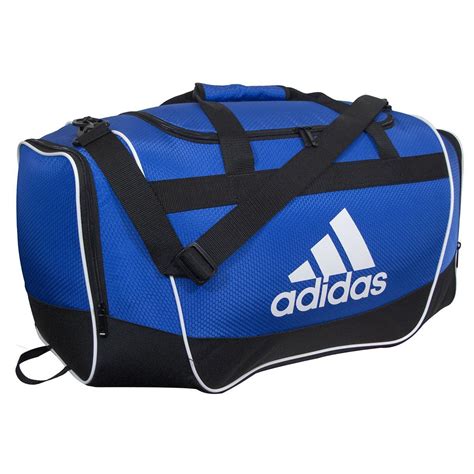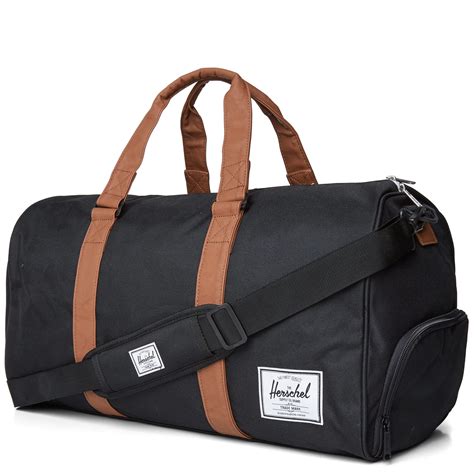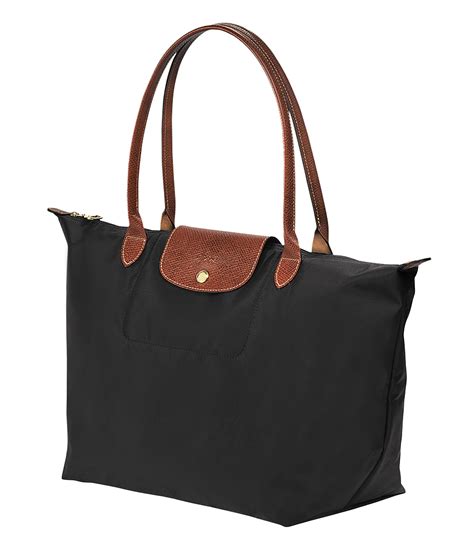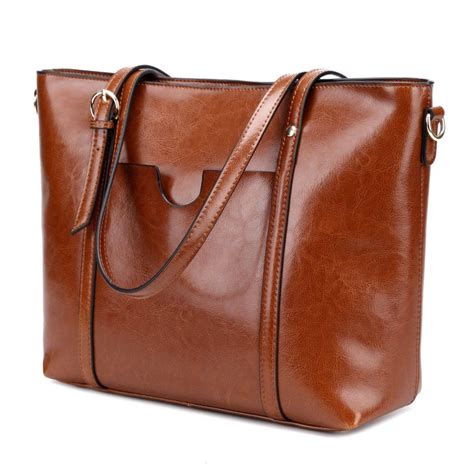ltt secret shopper results | $1500 pc secret shopper
$280.00
In stock
The moment you've all been waiting for has arrived! After months of anticipation, countless hours of testing, and a mountain of data, Linus Tech Tips has finally unleashed Secret Shopper Part 4, the culmination of their investigation into the world of prebuilt gaming PCs. This time, the focus is sharp: a head-to-head comparison of $1500 prebuilt systems, all purchased anonymously to ensure unbiased results. The goal? To determine which system integrator reigns supreme, delivering the best performance, value, and overall customer experience.
For those unfamiliar with the series, the *Secret Shopper* concept is simple yet powerful. Linus and the team at LTT meticulously research and purchase identical systems from various prebuilt PC vendors, acting as regular consumers. This allows them to evaluate the entire process, from ordering and shipping to unboxing, performance testing, and customer support, all without revealing their affiliation with Linus Tech Tips. This ensures a genuine and unbiased assessment of each vendor's offerings.
Previous iterations of the *Secret Shopper* series have tackled different price points and specific components, shedding light on the often opaque world of prebuilt PCs. Secret Shopper 2 Part 2 explored a similar concept, but the evolution of technology and the ever-changing landscape of system integrators necessitates a fresh look. $1500 Secret Shopper 3 (while not directly related as a previous *Secret Shopper* part with the same exact title) explored the general landscape of prebuilt PCs, and this new iteration focuses on a specific price point, adding a layer of focused comparison. This fourth installment, aptly titled LTT Secret Shopper Results, dives deep into the $1500 sweet spot, a price point that aims to deliver a solid gaming experience without breaking the bank.
So, who emerged victorious? Which system integrator stumbled? And what valuable lessons can we learn from this extensive experiment? Let's delve into the details.
The Contenders: A Lineup of Prebuilt PC Providers
While Linus Tech Tips typically refrains from explicitly naming all the participating companies to avoid potential legal issues and focus on the overall experience, they do provide enough clues and information to allow viewers to discern which system integrators were included in the test. The pool of contenders likely included a mix of well-known national brands and smaller, boutique PC builders, all vying for the top spot in the competitive $1500 price bracket.
Likely contenders based on typical LTT coverage and the prebuilt PC market include:
* iBUYPOWER: A popular choice known for its wide selection of customizable options and aggressive pricing.
* CyberpowerPC: Another major player offering a similar range of configurations and competitive deals.
* NZXT BLD: Focused on a streamlined, user-friendly experience with a curated selection of components.
* Corsair: Known for their high-quality components and sleek, minimalist designs. They may have been included to represent a higher-end option.
* Origin PC: A premium builder specializing in custom liquid cooling and high-performance systems, potentially included as a benchmark.
* Smaller Boutique Builders: A handful of smaller, regional or online-only builders offering unique features or specialized services.
The exact selection of companies remains a closely guarded secret, but the diverse range of potential contenders ensures a comprehensive assessment of the $1500 prebuilt PC market.
The Testing Methodology: Rigorous and Replicable
The LTT team employed a rigorous and comprehensive testing methodology to evaluate each prebuilt system. This included a combination of objective benchmarks and subjective assessments, covering all aspects of the buying and ownership experience.
Here's a breakdown of the key testing categories:ltt secret shopper results
* Ordering and Website Experience: The evaluation began with the initial online ordering process. The team assessed the ease of navigation, clarity of product descriptions, customization options, and overall user-friendliness of each vendor's website. Were the specifications clearly outlined? Was it easy to configure the system to meet their desired specifications? Were there any hidden fees or unexpected charges?
* Shipping and Packaging: The speed and security of shipping were crucial factors. The team examined the packaging for adequate protection against damage during transit. Was the system well-protected with foam padding and other protective materials? Was the packaging discreet or did it scream "expensive gaming PC"? The time it took for the system to arrive was also recorded.
* Unboxing and Initial Setup: The unboxing experience is often the first impression a customer has of their new PC. The team assessed the organization of the packaging, the inclusion of necessary accessories (power cords, manuals, etc.), and the ease of initial setup. Was the system clean and well-assembled? Were there any loose cables or obvious defects? Did the system boot up without any issues?
Additional information
| Dimensions | 8.3 × 3.2 × 1.7 in |
|---|








